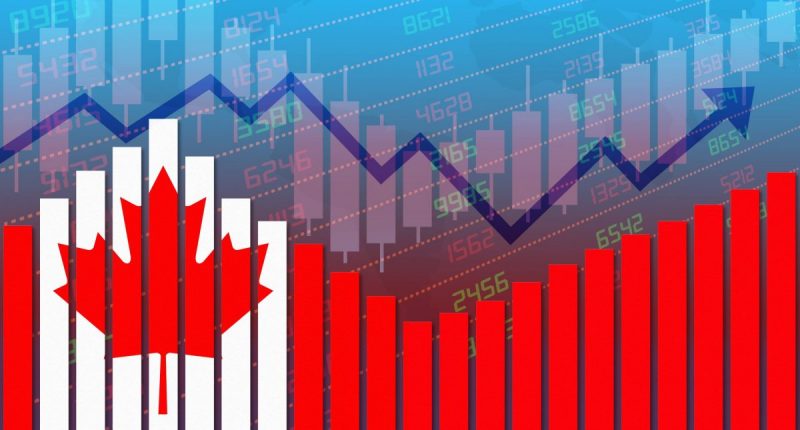The Canadian economy received a boost on Tuesday as Statistics Canada announced that inflation fell to 5.9 per cent.
That was the first time the inflation rate had fallen below 6.0 per cent in almost one year. The last time the Canadian economy saw an inflation figure below 6.0 per was in February of 2022, when inflation was 5.7 per cent.
Statistics Canada reported on Tuesday that the Consumer Price Index, the main measure of inflation, changed from 6.3 per cent in December 2022 to 5.9 per cent in January 2023. The January inflation figure beat the expectations of financial analysts, who had projected a drop to 6.1 per cent.
The Consumer Price Index (CPI) is a standard measure of the price of a representative basket of goods and services.
The drop in inflation was hinged mainly on the favourable base effects and lower prices for gasoline, smartphone bills and vehicles.
Even though month-over-month consumer prices rose 0.5 per cent, prices soared 0.9 per cent in January 2022, which Statistics Canada ascribed to the Russian invasion of Ukraine, ongoing supply-chain issues and housing costs at that time. This caused headline consumer inflation to increase from 5.1 per cent in January to 8.1 per cent in June 2022.
Therefore, this base-year effect, which compares January’s prices to the high levels of one year ago, is helping to reduce the growth of the CPI.
The biggest contributor to the month-over-month increase in the all-items CPI was the price of gasoline which rose 4.7 per cent in January, caused by the closure of a refinery in the southwestern United States over winter storm Elliot.
However, the report showed that food prices still remained high in January. Prices of food items, which include both groceries and food from restaurants, increased at a somewhat faster rate year over year in January (which was 10.4 per cent) than in December, which stood at 10.1 per cent.
The rise in the prices of groceries in January was driven partially by year-over-year growth in meat prices, which stood at 7.3 per cent, resulting from the largest month-over-month increase since June 2004.
The key contributor to that increase was the price of fresh or frozen chicken, which rose 9.0 per cent in January in comparison with December, the largest monthly increase since September 1986.
Another area of the increase occurred in the year-over-year price increases for bakery products (which shot up 15.5 per cent), dairy products ( up by 12.4 per cent) and fresh vegetables (up by 14.7 per cent).
Among the provinces, the figures showed that year over year, prices increased at a slower pace in January than in December in nine provinces. Manitoba, which experienced the largest decrease in gasoline prices, also experienced the slowest price rise. In contrast, New Brunswick (where the price of gasoline rose the most when compared with the rest of the country) also emerged as the only province where prices rose at a faster pace in January.
Even though the Canadian inflation figure is still far from its pre-2021 level, when it was under 2.0 per cent, it is still doing much better than most other big economies.
For example, the United States recently reported that its annual inflation rate slowed below expectations in January 2023 to 6.4 per cent from 6.5 per cent in December 2022. Financial analysts had given a forecast of an inflation figure of 6.2 per cent for January. Despite falling slightly short of expectations, 6.4 per cent was the lowest inflation figure of the US economy since October of 2021.
Similarly, the United Kingdom recently celebrated a drop in annual inflation to 10.1 per cent in January of 2023 from 10.5 per cent in December 2022. The UK inflation rate fell lower than the market forecast of 10.3 per cent. That was the third consecutive month inflation fell to the lowest since September last year.





